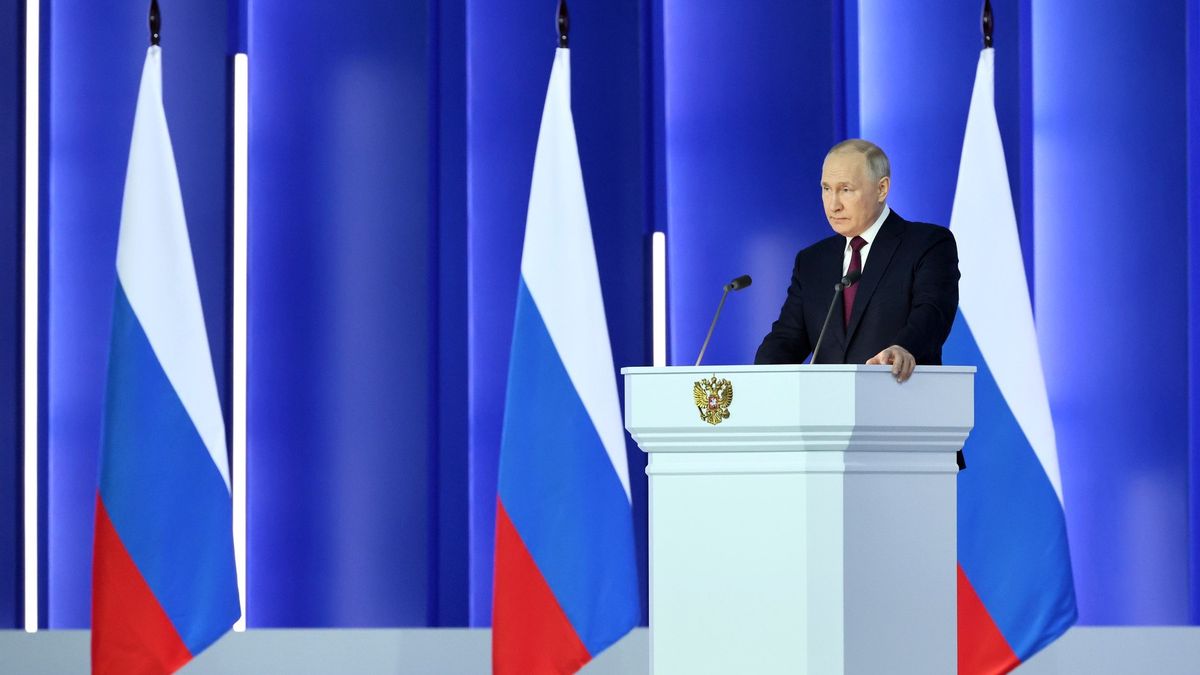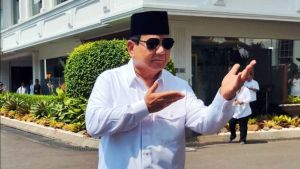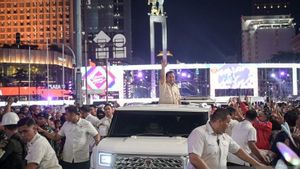JAKARTA - Russia will stick to the agreed limits on nuclear missiles and continue to inform the United States of changes in its deployment, a senior Moscow defense official said on Wednesday, although a day earlier the country's leader announced the suspension of a bilateral nuclear arms control agreement between the two countries.
The two Russian parliamentary assembly quickly voted to suspend Moscow's participation in the New START Agreement, which was a decision announced by President Vladimir Putin on Tuesday, as he accused the West of trying to cause "strategic defeat" to Russia in Ukraine.
However, a top Defense Ministry official Major General Yevgeny Ilyin told the lower house or Duma Russia would continue to comply with agreed limits regarding the nuclear delivery system, meaning missile and strategic bombers.
The RIA news agency quoted Ilyin as saying Russia would also continue to provide Washington with notices of nuclear deployments to "prevent false alarms, which are important to maintain strategic stability".
The guarantee suggests that President Putin's move will have a small practical impact, even if it raises doubts about the long-term future of the agreement designed to reduce nuclear risk, by providing level of transparency and predictability for both sides.
The Kremlin leader has a long track record of trying to make mistakes and disturb the West. Since invading Ukraine a year ago, he has repeatedly boasted Russia's nuclear arsenal and said he was willing to use it if the country's "territorial integrity" was threatened.
The New START 2010 agreement limits the nuclear warheads deployed by each country to 1,550, while heavy bombers and missiles are deployed up to 700.
Security analysts say the potential collapse of this agreement, or failure to replace it when it ends in 2026, could trigger a new arms race at a dangerous time, as Putin further describes Ukraine's war as a direct confrontation with the West.
When asked in what circumstances Russia would return to the agreement, Kremlin spokesman Dmitry Peskov said: "Everything will depend on the West position... When there is a willingness to consider our concerns, the situation will change."
Separately, the Interfax news agency quoted Deputy Foreign Minister Sergei Ryabkov as saying: "We will of course be monitoring closely the further actions of the United States and its allies, including with the aim of taking further countermeasures, if necessary."
The suspended agreement grants each party the right to inspect each other's weapons sites, although visits have been halted since 2020 due to COVID and Ukraine's war, requiring both sides to provide detailed notification of their number, location, and technical characteristics of strategic nuclear weapons.
Each side must notify others, for example, when intercontinental ballistic missiles will be transported from production facilities.
According to the US State Department, both sides have exchanged more than 25,000 notifications since the agreement came into force in 2011.
Separately, Russia is now demanding that targeted British and French nuclear weapons against Russia be included in the arms surveillance framework, which Washington sees as unlikely to do after more than half a century of the bilateral nuclear agreement with Moscow.
The English, Chinese, Japanese, Arabic, and French versions are automatically generated by the AI. So there may still be inaccuracies in translating, please always see Indonesian as our main language. (system supported by DigitalSiber.id)








